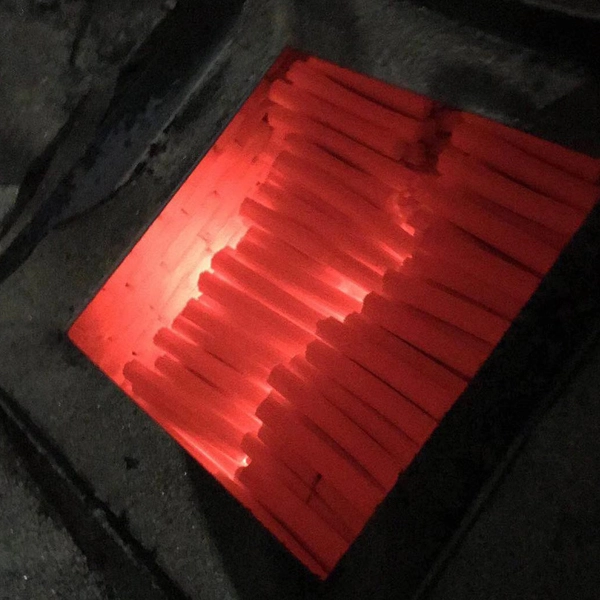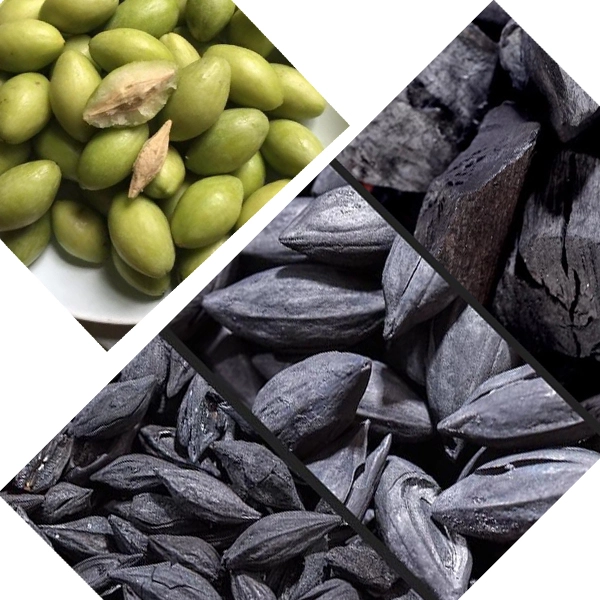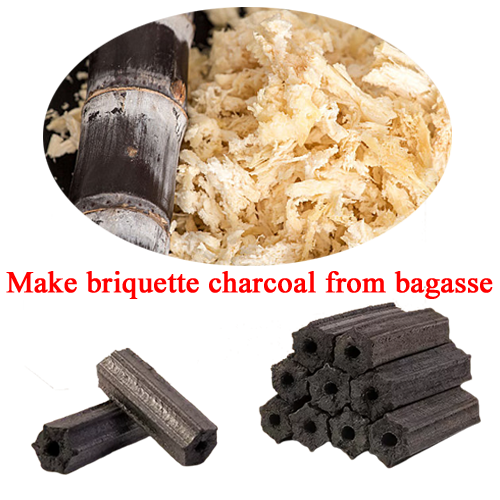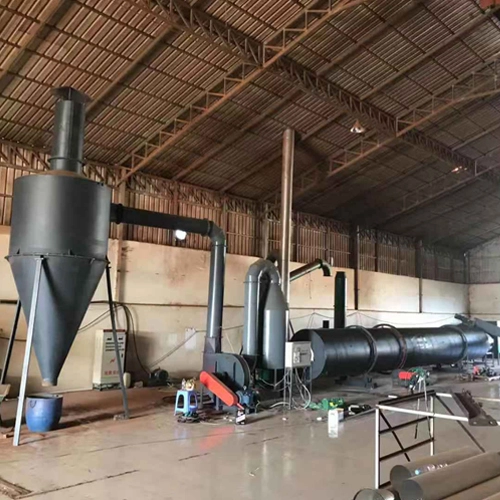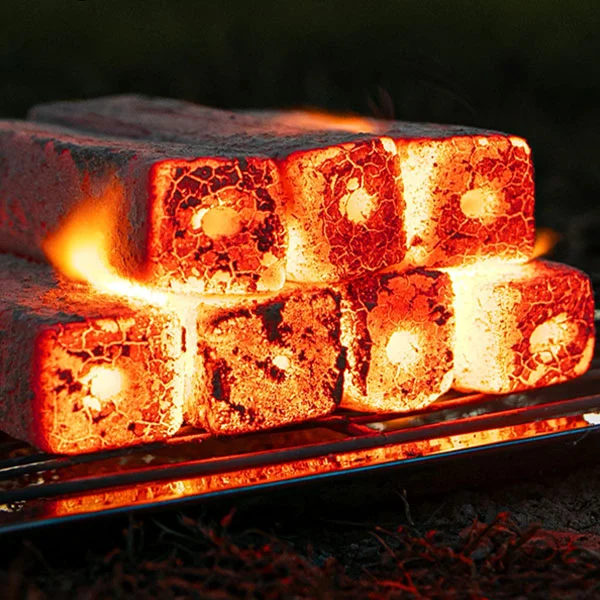Palm kernel shell (PKS), derived from the fruit of the palm tree – palm fruit. In the process of refining palm kernel oil, the kernel is first extracted from the pulp, and then the outer shell of the kernel is peeled off. The hard outer shell is the palm kernel shell.
Palm kernel shells have broad application prospects in agriculture, industry and energy due to their high fiber content and strong structural properties. In agriculture, palm kernel shells can be used as organic fertilizers or soil conditioners to improve soil quality. In industry, palm kernel shells are used to make paper, fiberboard and other building materials. In addition, palm kernel shells can be converted into palm kernel shell charcoal after carbonization treatment. As a renewable energy source, it has the advantages of high calorific value and low pollution.
Carbonization is a key step in the production of palm kernel shell charcoal. The dried palm shells are carbonized into charcoal in a high-temperature and oxygen-free environment. Usually, we recommend that users build their charcoal cellar or use a carbonization furnace to produce palm kernel shell charcoal.
Palm kernel shell charcoal is widely used in many fields such as energy, industry and agriculture. In the energy field, palm kernel shell charcoal can be used as biomass energy for power generation, heating, etc., helping to reduce dependence on traditional fossil fuels and reduce carbon emissions. In the industrial field, palm kernel shell carbon can be used as a reducing agent for metal smelting, and can also be used as a chemical raw material to produce activated carbon, carbon black and other products. In addition, palm kernel shell carbon can also be used in the manufacture of electronic products such as electrodes and electrode pastes. In the agricultural field, palm kernel shell charcoal can be used as organic fertilizer to improve soil fertility and promote crop growth.
The main producing areas of palm kernel shell charcoal are located in areas where palm trees are the main economic crops. According to public data from the official website of the Food and Agriculture Organization of the United Nations (FAO), as of the end of 2020, the top ten countries with the largest palm kernel production in the world are Indonesia, Malaysia, Thailand, Nigeria, Guatemala, Honduras, Brazil, Papua New Guinea, Ghana, and Cote d’Ivoire. Thanks to the abundant resources and low cost of palm shells, there is huge potential for palm shell charcoal production in these areas.
